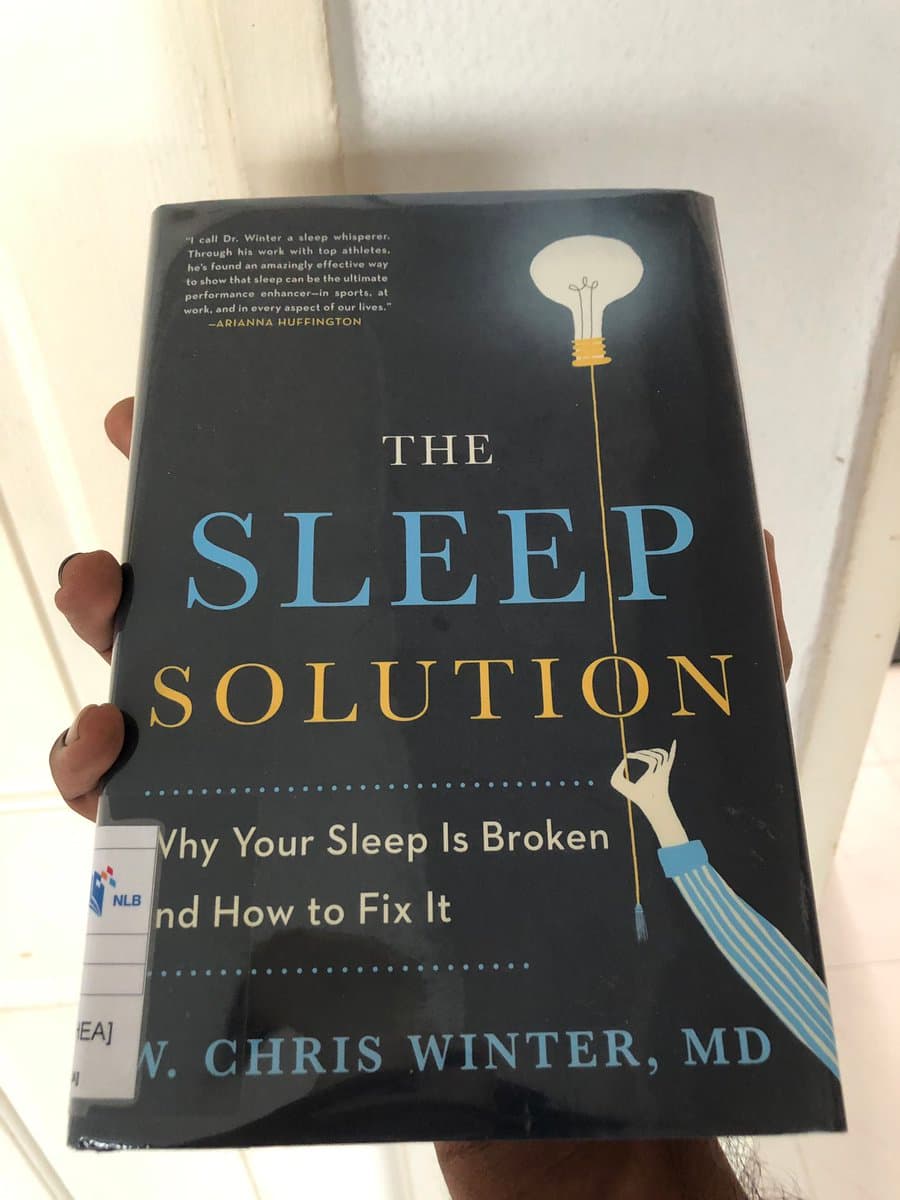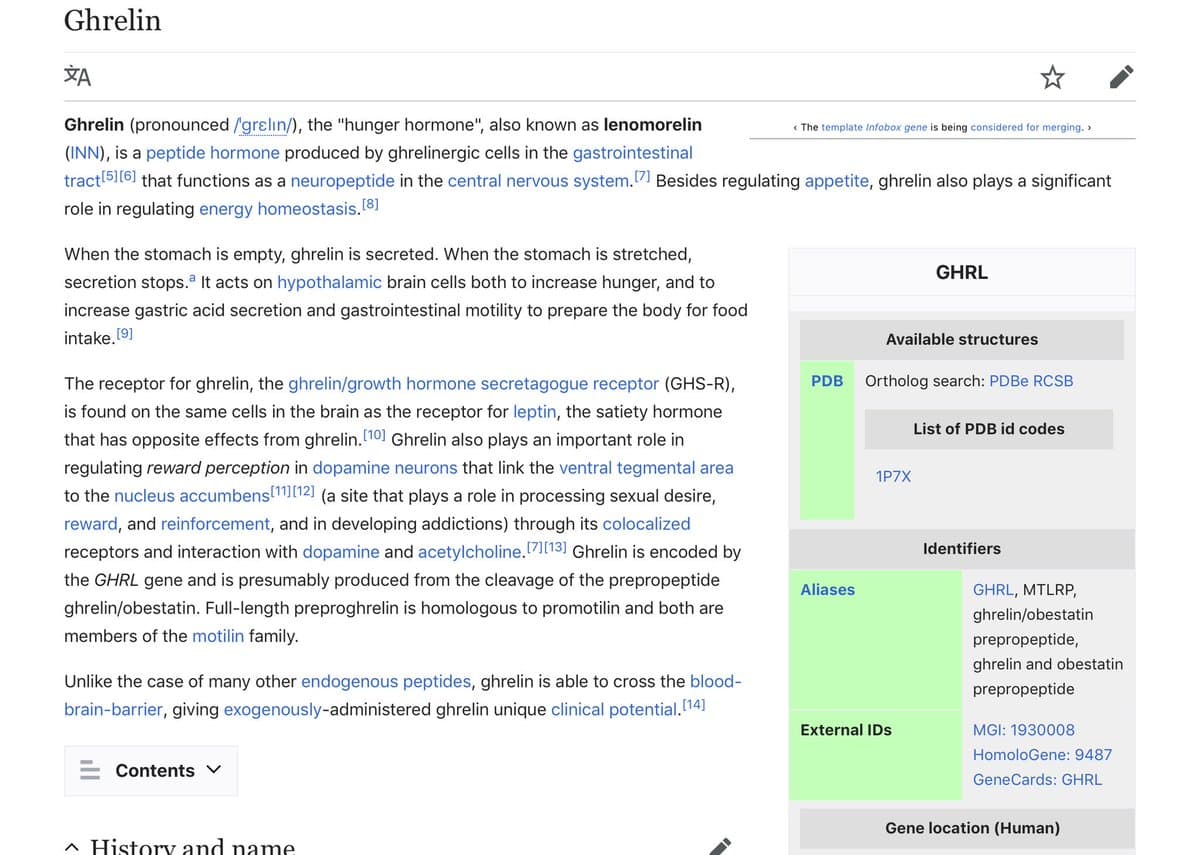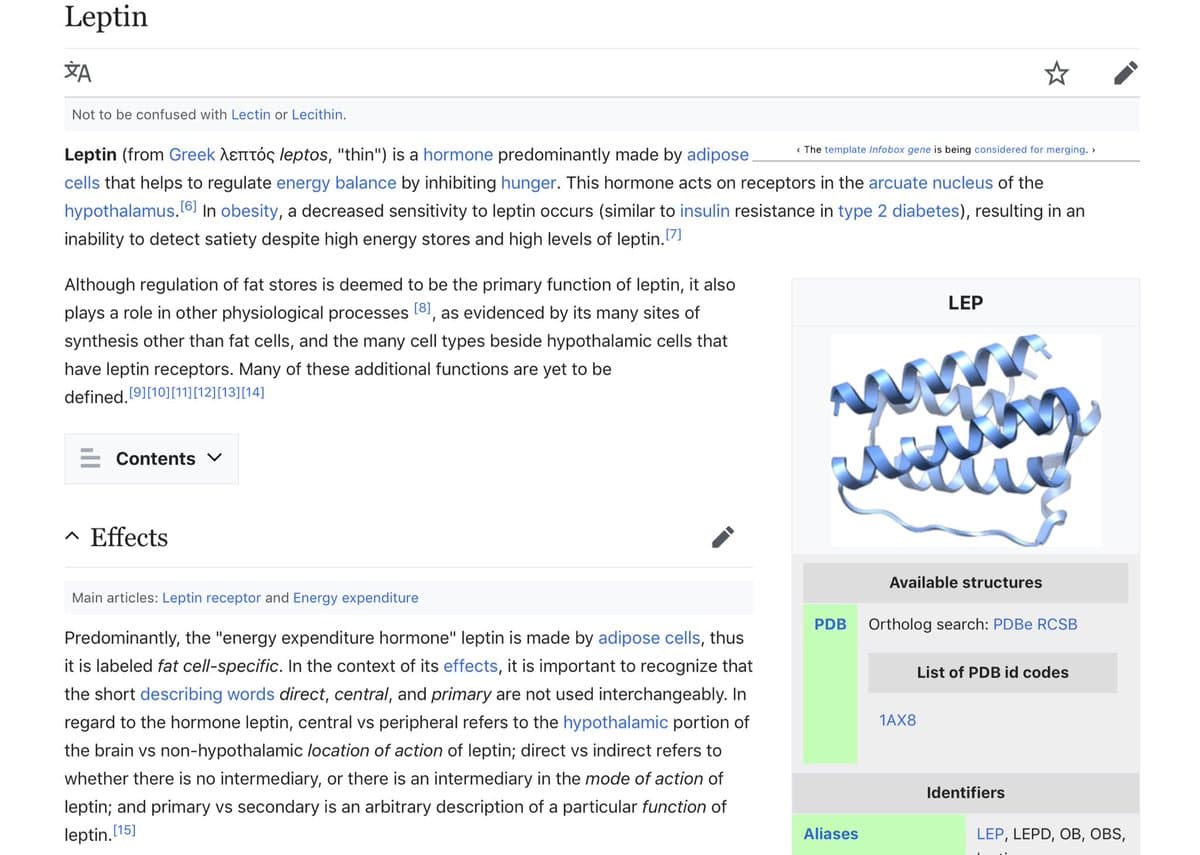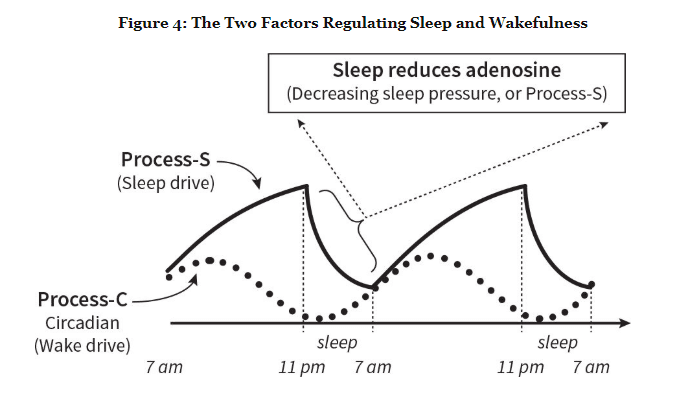🧵 View Thread
🧵 Thread (36 tweets)

My wife picked this one out at the library a while ago and I feel like I ought to read it https://t.co/5nQONvqpvR


Chris loved sleep as a kid At age 7 he had a bad cold, needed medication he had to take mid-sleep. He loved how it made the night seem longer As undergrad, studied sleep apnea in Yucatan micro pigs (they snore like humans) He’s been a volunteer for many medical experiments

2007, Tom Roth: insomnia may affect 1/3 of population Maurice Ohayon: restless leg syndrome may be responsible for poor sleep quality in 5% Sleep disturbances can contribute to mood disturbances, memory problems, weight gain, even gastroesophageal reflux disease

Less than 10% of people have visited a primary care doctor specifically to address a sleep problem Unprompted, only 30% of those doctors ask patients about it This is startling, because we spend a third of our lives sleeping

“To date, I’ve never experienced sudden visual changes or significant rectal bleeding, but I get asked about those symptoms every time [...]. Trust me, when I suddenly see blood originating from that orifice, my doctor will know about it immediately. He won’t have to ask.” 😂

Med school: In 2nd year, a neurologist lectured for 50m about sleep disorder. Troubling video of upset elderly couple – man had REM behavior disorder. Then some discussion of sleep apnea, that’s it. Rosen: most physicians receive <2hrs of training about sleep in 4 years of sch

Teodorescu and Chervin, 2007: sleep dramatically underrepresented in med sch textbooks “Our psychiatry lecture about men who fantasize about footwear lasted 30 minutes – you can see just how dramatically underrepresented the whole of sleep medicine was in our curriculum.”

Sleep is related to almost everything – hypertension, heart attack, stroke, obesite, diabetes, cancer, heart failure, migraine, atrial fibrillation, depression, bed-wetting, neurogenerative disorders and memory disturbances like Alzheimer’s disease

“If you take nothing away nothing else from this book, please understand that sleep is not the absence of wakefulness. It’s not a light switch in your brain that’s either on or off. Your body is doing amazing things at night while you sleep.”

Vivid med-sch memories: - smell of cadaver preservative - hard to remove fat from organs - gallstones are strangely beautiful - professor proclaimed that the brain does not have a waste management system 2015: Louveau & Aspelund discovered that brain *does* have such a system https://t.co/JOuF02GhAd


The main waste product that the glymphatic system is removing is amyloid beta, the protein that accumulates in the brains of Alzheimer’s patients The glymphatic system is 60% more productive when we sleep than when we are awake

Long known that increased body weight can cause poor sleep, largely related to breathing. Lots of studies, lots of proof Numerous studies: <6hrs sleep + staying up past midnight = linked to obesity. 2015 study with over 1 million Chinese subjects, 2008 study on schoolchildren...

Ghrelin is a hormone produced in your gut. Acts on brain to promote hunger, and may also play a role in the pleasure associated with eating. When sleep goes down, ghrelin production goes up, increasing likelihood of overeating and obesity. https://t.co/IJXnf6bU2n


Leptin, produced by our fat cells, induces the feeling of fullness and puts the brakes on our appetite. When we sleep poorly, leptin levels are reduced, which makes us want to eat more (Hakim, 2015) https://t.co/gqaCf7r97k


Bad sleep might be most damaging to the circulatory system. Increased risk of heart attack, elevated blood pressure, heart failure, stroke. Most studies center around sleep apnea, but recent research shows that anything fragmenting sleep can potentially elevate blood pressure

Your sleep can influence whether you develop a funny heart rhythm and a massive blood clot in your leg. If you struggle to breathe at night, you’ll compensate by breathing more forcefully. Forceful lungs put pressure on the heart. (This is kinda sad, it’s like abusive household,)

The added pressure on the heart pushes fluids out of the blood vessels and into the tissue of our body. This is the mehanism behind leg swelling. When the heart has to work harder to pump the blood, it enlarges – which is the beginning of heart failure. This is really sad to me

MOOD: - poor sleep worsens moods, linked to worsened depression & anxiety - Interrupted sleep may affect mood more than reduced sleep (Finan, 2015) - sleep apnea treatment reduces depression (Hillman, 2015) - Bipolar patients get screwed on sleep in both phases

IMMUNE SYSTEM: - subjects voluntarily given the rhinovirus were likelier to develop a cold on ≤6 hours of sleep than >7 hours (Prather, 2015) - disturbed sleep is a risk factor for developing autoimmune system disorders: arthritis, spondylitis, Sjogren’s, scolerosis, lupus

Funny & interesting: Chris spends 2+ pages telling the reader to say it out loud that they sleep. Say it. “I sleep.” Because you sleep. It’s the first law he has to establish with his new patients. Law 1: You sleep. As with diets and budgets, people live in denial about sleep

“Are you human? Have you consistently, without exception, slept 3 hours or fewer for ~1 year? Are you willing to wear a Fitbit to prove you don’t sleep? Will you allow Dr Winter to parade you around to other sleep resesarchers so he can achieve great fame and fortune?” 😂😂😂

(Linking to a separate book thread about money because I’m finding something interesting here, about this phenomenon of people casually living in denial, sincerely believing that they sleep, eat and spend less than they actually do) https://t.co/InpfUsRPt9

“I’ve had patients tell me that the longer they are awake, the *less* sleepy they become. This makes some sense when you consider the brain process for maintaining wakefulness as being a separate process from the one that initiates and maintains sleep.”

“The complaint “I can’t sleep” is inaccurate and untrue, so stop reciting this mantra and reinforcing this in your mindset.” You have *difficulty* sleeping. All humans sleep. Your body will not allow you *not* to sleep; you’d be dead in weeks

“Babies are little sleep-mongers and don’t seem to be able to do much more than fall asleep, eat, and fuss about things. [...] As time passes and the young child starts doing more advanced things like calculus and Snapchatting, [...]”😂😂

“Did Grandpa and Grandma sleep a lot more than we do today? Given the amount of time they spent walking places uphill in the snow, having it much harder than kids do today, and saving up all their nickels to buy a few pieces of hard candy at the five-and-dime...” 😂😂😂

2010 analysis of time diaries kept by research subjects from 1975 to 2006 concluded that people are not sleeping less, though they are working more. (Selection bias? The type of person to volunteer to keep time diaries for research...)

2015 study led by Gandhi Yetish: 94 adults from hunter-gatherer cultures (Bolivia, Tanzania, Namibia) over 1,165 days: they average only 6hrs 25m of sleep a night. (Though they did generally also rest more throughout the day)

@visakanv Sorry to reply with non-science but I believe there is a ten minute nap and a three hour nap. I’m normal on 8.5 hrs of sleep, or 6.5 with a 3 hour nap. I’m mostly functional on 6.5 esp if I eat more or get a 10 min nap. Below 6.5 lose function and hallucinate after 4 hours awake.

an interesting thing I don’t think I properly disambiguated: sleepiness and wakefulness (vigilance, arousal) are *separate*. If you’re really sleepy AND really vigilant (eg anxious/stressed about your inability to sleep), your insomnia is not a lack of sleepiness

@visakanv Illustrated nicely in Matthew @sleepdiplomat 's book: https://t.co/MSxsNfFyZm
